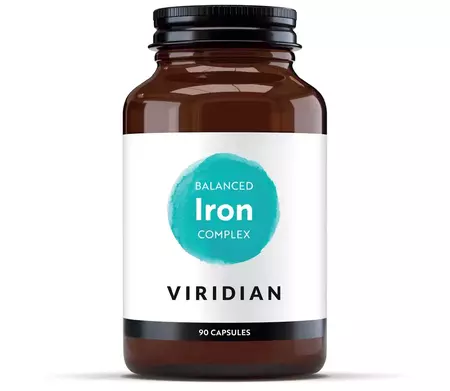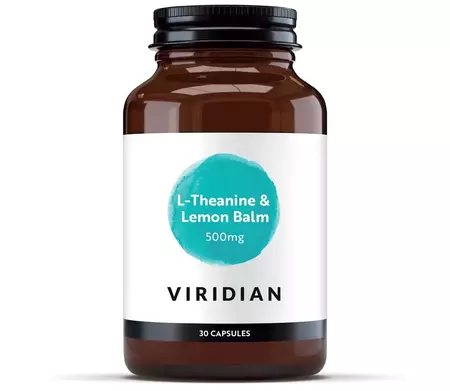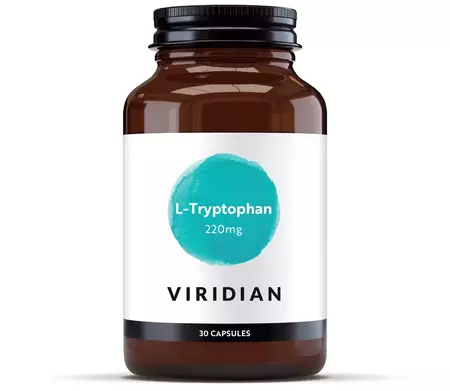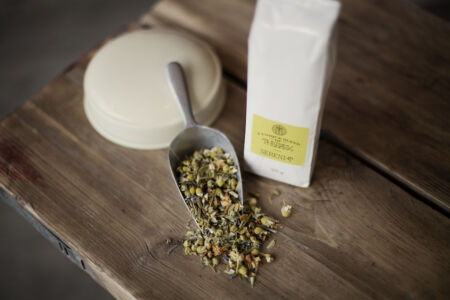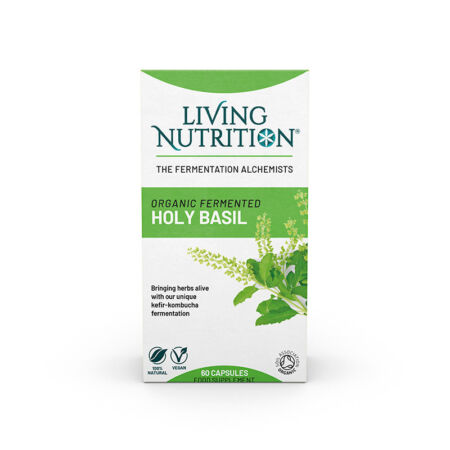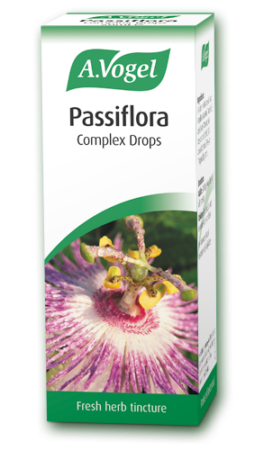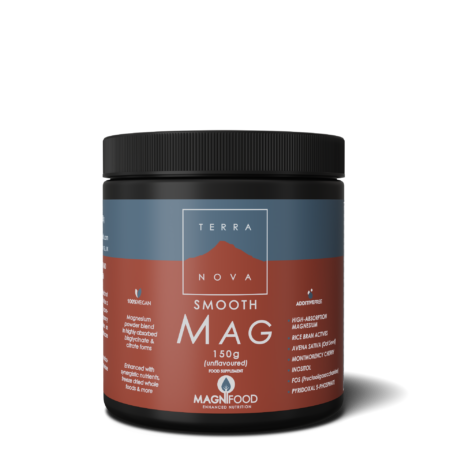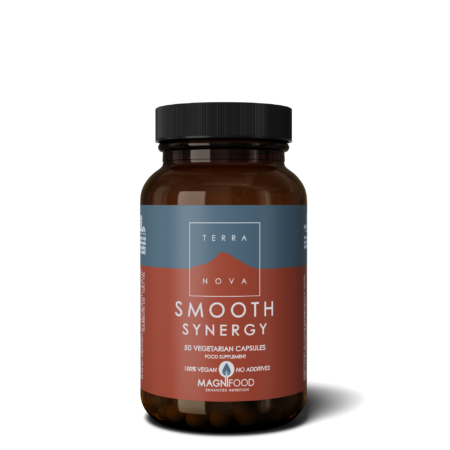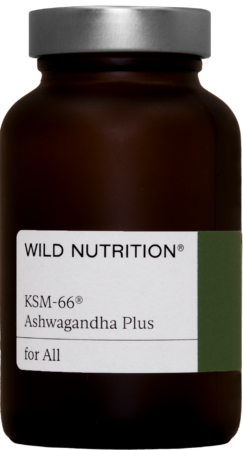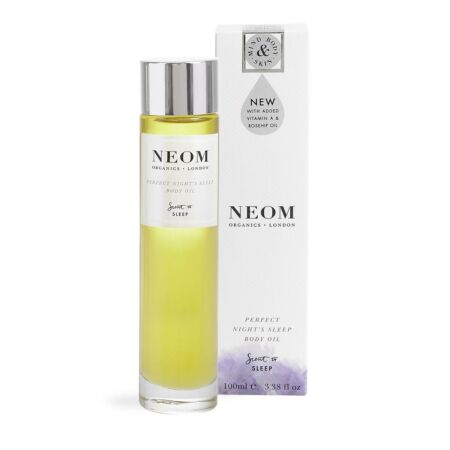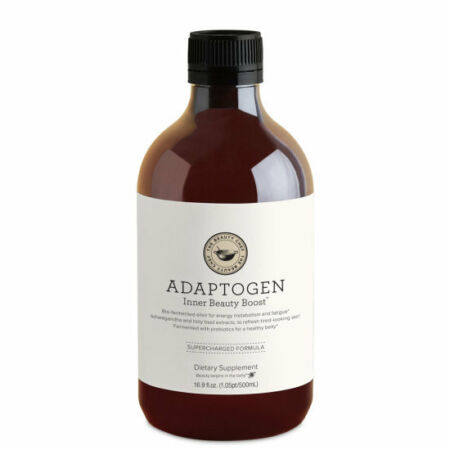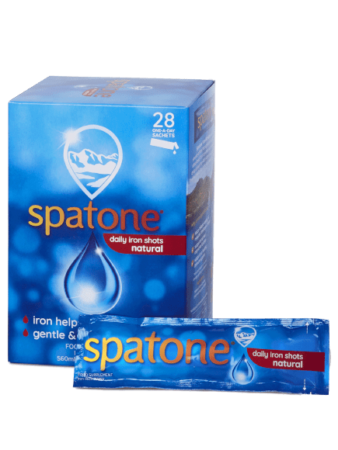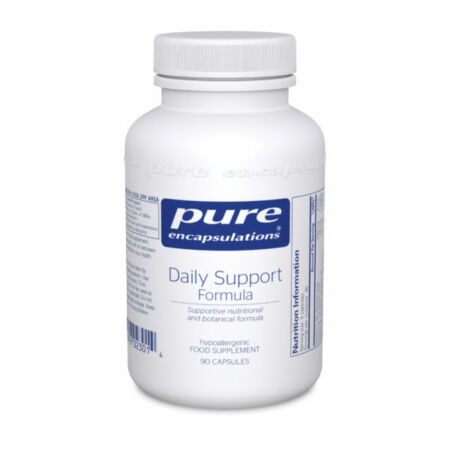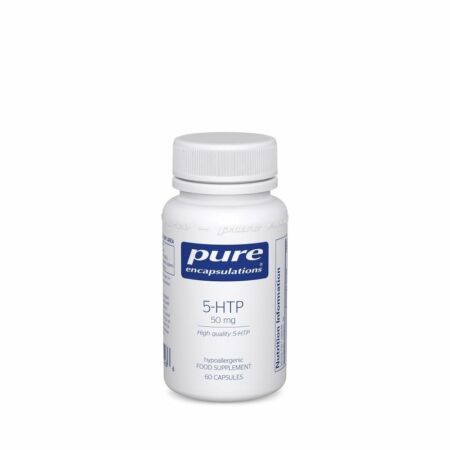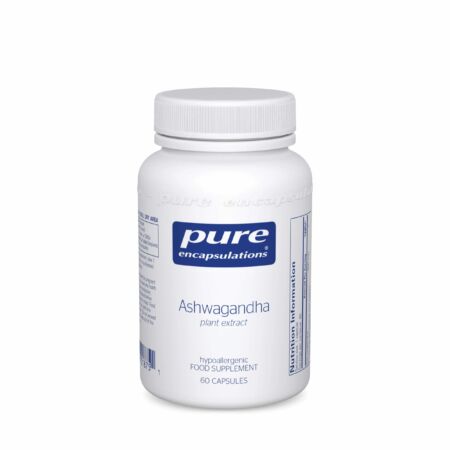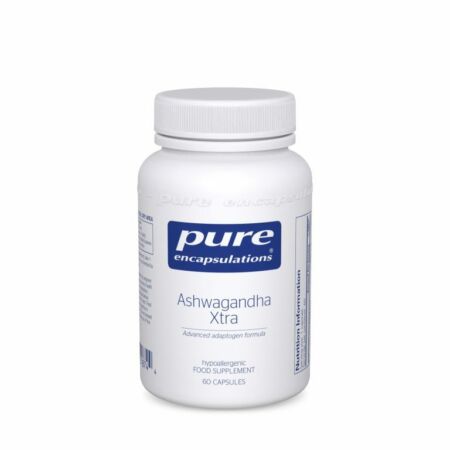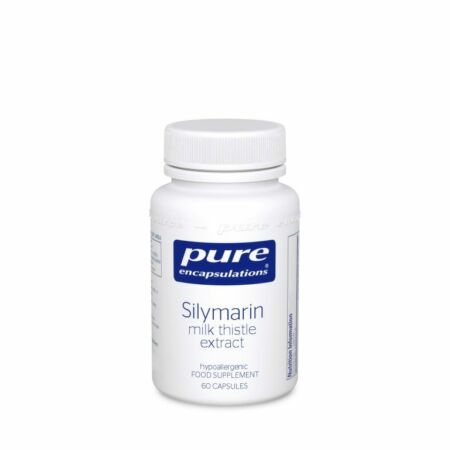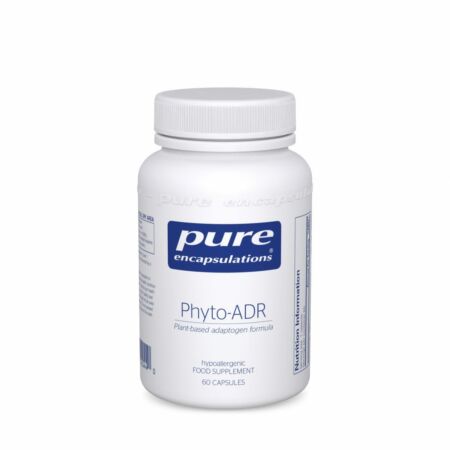In this article, we will explore the topic of panic anxiety, delving into its causes, symptoms, and effective strategies for managing and overcoming this challenging condition.
What is panic (anxiety)?
Panic disorder is an anxiety disorder where you regularly have sudden attacks of panic or fear. Panic is the most severe form of anxiety and anxiety itself can be described as a feeling of unease. It can range from mild to severe[i].
Why do we get panic (anxiety)?
As with many mental health conditions, it’s not always possible to pinpoint the exact cause. However, certain factors may be at play such as traumatic or very stressful life experiences, such as bereavement, or having a close family member with panic disorder.
In many cases, it is likely panic disorder is a result of a combination of unique factors[ii].
Symptoms of a panic/ panic attack
Symptoms can vary greatly between people with anxiety. However, common symptoms/ experiences are often described in relation to:
a strong feeling of dread, danger or foreboding
heightened vigilance / hyperawareness
racing thoughts / negative and disruptive thoughts
excessive fear of losing control
fear of death
feeling lightheaded and / or dizzy
tingling and chills, typically in the arms and hands
trembling or shaking
and excessive sweating[iii]
Some common symptoms of anxiety include:
increased heart rate
rapid breathing
restlessness
trouble concentrating
Other anxiety disorders include:
Post-traumatic stress disorder (PTSD)/ obsessive-compulsive disorder (OCD) / separation anxiety/ illness anxiety/ phobias/ generalised anxiety disorder (GAD)/ social anxiety disorder
What are the risks associated with developing panic and anxiety?
People with panic disorder are said to be more at risk of developing other mental health conditions, such as agoraphobia or other phobias and in some cases, addiction[iv].
Supplement recommendations for anxiety
Terranova Smooth Mag Powder: One of our long-standing favourites, a potent magnesium blend with Montmorency Cherry with Pyridoxal 5-Phosphate. Montmorency cherries may offer cognitive benefits directed at anxiety, whilst magnesium and Pyridoxal 5-Phosphate (vitamin B6) may reduce feelings of stress, anxiety, and depression[v][vi][vii].
A Vogel Passiflora Complex: Passionflower (Passiflora incarnata) was used traditionally in the Americas and later in Europe as a calming herb for anxiety, insomnia and seizures[viii].
Pure Encapsulations Ashwagandha Xtra: It was seen in a study that participants taking Ashwagandha had significantly reduced perceived stress/ anxiety and levels of the stress hormone, cortisol, compared with those who took a placebo[ix]. This supplement also contains magnesium and other adaptogenic herbs to boost mood and energy, such as rhodiola and ginseng[x].
Viridian Organic Lemon Balm Tincture: Studies have shown that lemon balm leaf extract may increase neuronal activity, boosting alertness and concentration, as well as improve learning and memory and decrease anxiety by reducing cortisol levels[xi]. See also: Viridian L-Theanine And Lemon Balm - L-theanine is a compound known for its calming effect on the mind. In studies, it significantly reduced stress levels, making it a popular option today for people seeking natural remedies for anxiety[xii].
Supporting serotonin: Serotonin is synthesised from tryptophan from our intake and Iron and vitamin B6 are crucial cofactors in this process, you can read more on this in the dietary recommendations section below[xiii]. B6 Complex/ Viridian L-Tryptophan / Viridian Balanced Iron Complex / Spatone: please note it is important not to supplement iron at high levels without medical supervision or testing from a nutritional therapy practitioner. Our available formulas, such as the ones listed, are generally very gentle and easy to use but please follow the instructions on the packaging or ask us in store for advice, particularly if you are not having regular menstrual cycles at the moment.
Therapy Bespoke Teas Sereni-T Herbal Tea: Last but not least, why not try our very own Sereni-T tea? A smooth, tranquil tea. Chamomile and lavender flowers combine with green oats, jasmine and passionflower, all to aid relaxation and to help promote restful sleep[xiv].
The Beauty Chef Adaptogen Inner Beauty Boost - A bio-fermented elixir with activated vitamins B6 and B12 to help reduce fatigue, recharge your energy and nourish your gut[xv].
Essences for anxiety:
Bush Flower Essence (Emergency): This formula is said to benefit in being calming in cases of emotional upsets and feelings of panic and anxiety, releasing emotional distress and is comforting and reassuring[xvi].
Rescue Remedy Dropper Bottle: an old favourite, the formula is the same today as when it was developed more than 80 years ago; Rescue Remedy contains ‘Original Flower Essences’, for support in times of emotional demand[xvii].
NEOM Organics Perfect Night's Sleep Essential Oil Blend: NEOM Tranquillity fragrance is a complex blend of 19 of the purest essential oils including English lavender known for its anti-inflammatory and calming properties, sweet basil which has been said to help clean sinuses & jasmine, expertly blended to help you relax and prepare for sleep. It can also be used in cases of panic and discomfort [xviii].
Dietary suggestions for anxiety
Helpful nutrients for neurotransmitter function in the context of panic and anxiety include tryptophan, vitamin B6 and iron. Serotonin is synthesised from tryptophan from our diets and Iron and vitamin B6 are crucial cofactors in this process. Lack of enough serotonin is thought to play a role in depression, anxiety and other mental health conditions[xix].
Tryptophan rich foods include: pumpkin seeds, chicken and turkey, bananas, eggs, sesame seeds, almonds, pistachios, chia seeds[xx].
B6 rich foods include: kale, avocados, cooked spinach, sunflower seeds, flax seeds, most nuts, fish including salmon, poultry, dried fruits, lean beef and bananas[xxi].
Iron rich foods include: meat sources including liver/ lamb/ chicken, nuts, tofu, dark leafy, vegetables, beetroot, oatmeal, white beans, kidney beans, lentils, seafood such as prawns/ mussels/ oysters, dark chocolate, cacao[xxii].
A word on mood and the gut: Neural pathways connect the nervous systems of your brain and gut, with serotonin playing a crucial role in regulating basic functions and mood in both areas. Serotonin levels can impact symptoms of irritable bowel syndrome (IBS), and modifying serotonin levels through diet can be an effective management approach[xxiii]. You can read more on Mood/ Good Mood Food and IBS here.
Lifestyle suggestions for anxiety
Lifestyle changes such as getting enough sleep, limiting caffeine and meditating can go a long way in improving mental health.
Alcohol: A recent study suggested that there is a link between anxiety and alcohol consumption. Therefore, cutting down or stopping your alcohol consumption for a while may be of benefit. Look for other, healthier alternatives which you find relax you or in which you find enjoyment. You may even find it is a change you would like to stick to in the long-run[xxiv].
Caffeine: Likewise, caffeine may cause nervousness and jitters, neither of which is good if you’re experiencing anxiety. It is thought to have long-term negative effects on anxiety/ panic[xxv].
Sleep: It’s been repeatedly proven to be an important part of good mental health, you can read more in our dedicated Sleep article[xxvi].
Meditation: The primary purpose of meditation is to cultivate complete awareness of the present moment, observing thoughts without judgment. This practice can promote a state of tranquillity and satisfaction by enhancing the capacity to mindfully tolerate various thoughts and emotions. Meditation also serves as a means to alleviate stress and anxiety, and it’s an integral component of cognitive-behavioural therapy (CBT)[xxvii].
Staying active: If you can manage it, engaging in regular exercise offers benefits not only for physical health but also for mental well-being. According to a recent large-scale study conducted in 2021, participants who had physically active lifestyles had a significantly reduced risk (approx. 60% lower) of developing anxiety disorders compared to those in a population of approximately 400,000 people followed over a span of 21 years[xxviii].
Therapy/ professional guidance: It is also worth considering if therapy or counselling will be of benefit to you. There are many therapy and counselling styles which have been developed to help anxiety specifically. One common treatment option is cognitive behavioural therapy (CBT)[xxix], which helps provide people with tools to cope with anxiety when it occurs. Many therapy styles can be provided in person or in online therapy. Don’t be afraid to reach out if you are struggling. Even talking to a friend or family member about your experiences with anxiety or what is on your mind may help - but professional help will likely be more exact and effective, in any case.
Functional testing options for anxiety
Nutritional therapists are able to test for deficiencies and imbalances which may be a factor in a person’s anxiety/ panic disorder[xxx]. Contact us today for more info or read more about Metabolomix Plus / NutrEval.
Adrenal Stress Index: The adrenal stress profile measures adrenal cortex function and the circadian fluctuation in the hormones cortisol and DHEA. The test is taken with a number of saliva samples taken at specific times of the day as a marker of the stress response[xxxi].
Complete Thyroid Panel: Too much thyroid hormone or too little thyroid hormone can result in increased anxiety, and suffer panic attacks. Results from this test can be used to ascertain thyroid health and formulate a plan to support the thyroid and its role in maintaining good mental health[xxxii][xxxiii].
GastroIntestinal and Microbiome Test: As mentioned previously, the role of gut health is significant in our mental health and that of our nervous system[xxxiv]. This complete gastrointestinal profile provides the most advanced non-invasive ‘gold standard’ assessment of digestive function and gut microbial ecology. The test also provides a sensitivity panel to ascertain the most effective methods of addressing pathogenic microorganisms.



